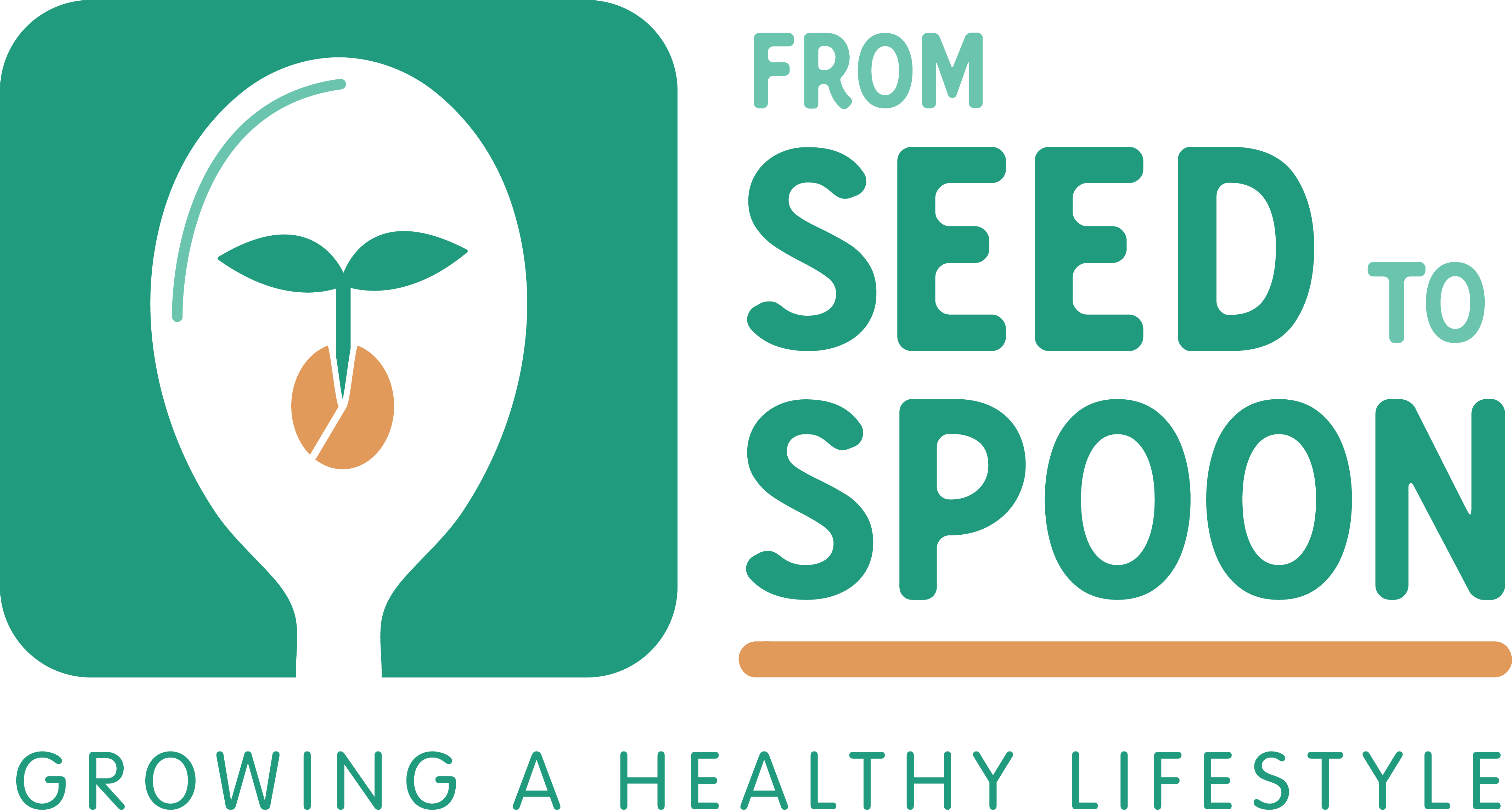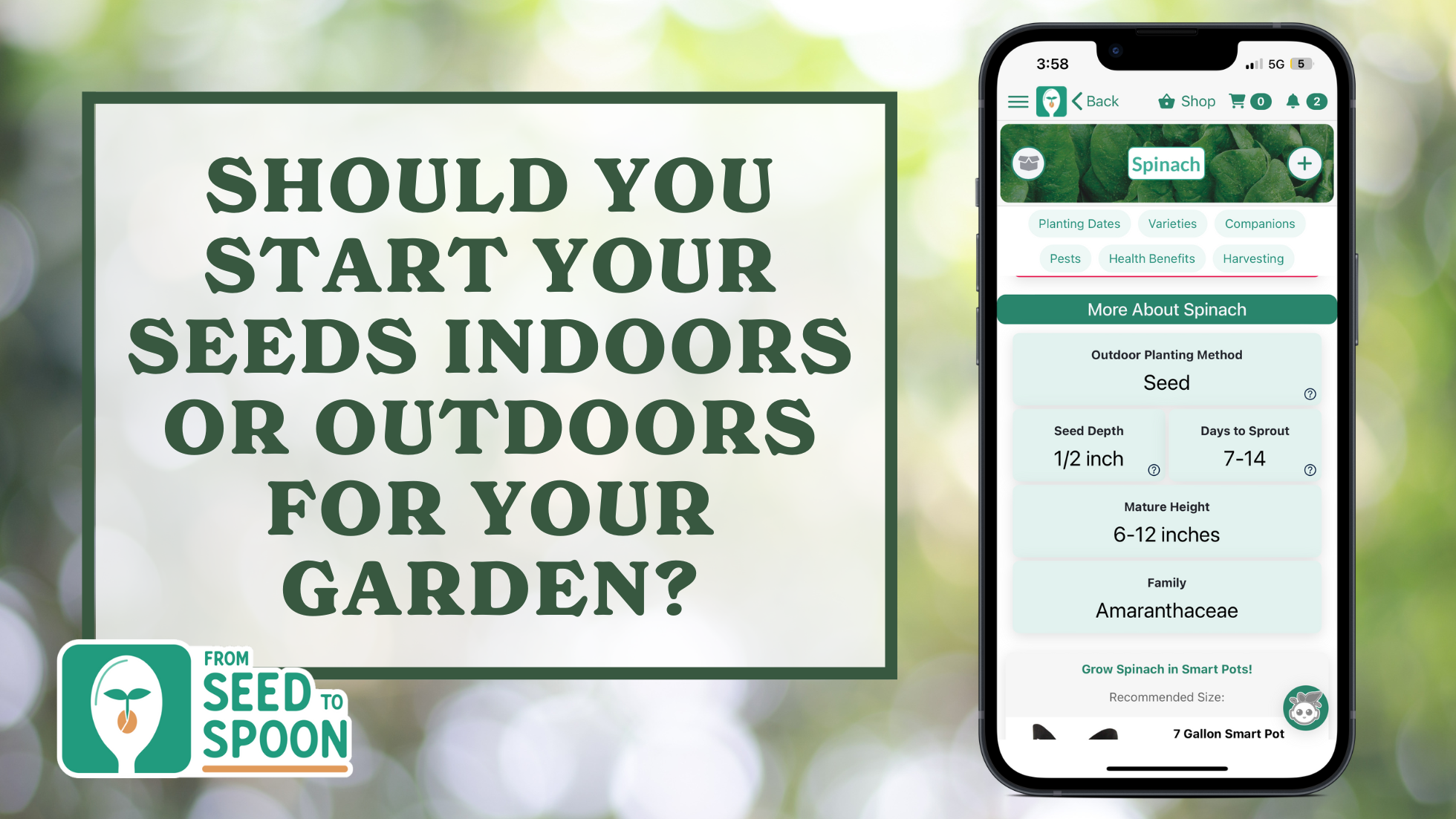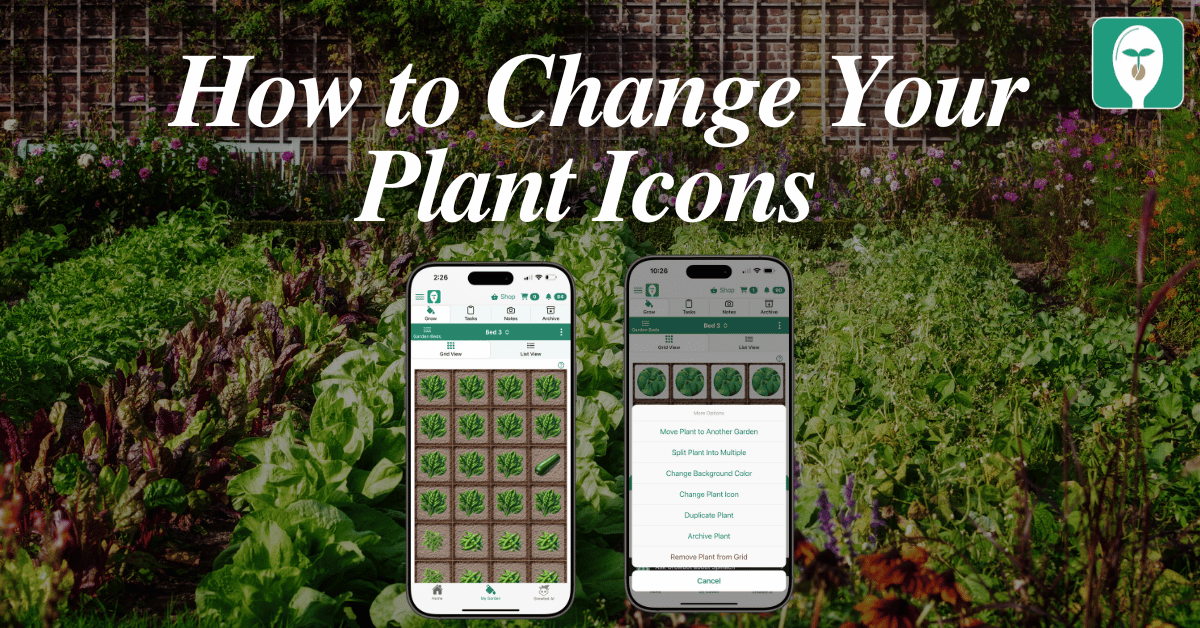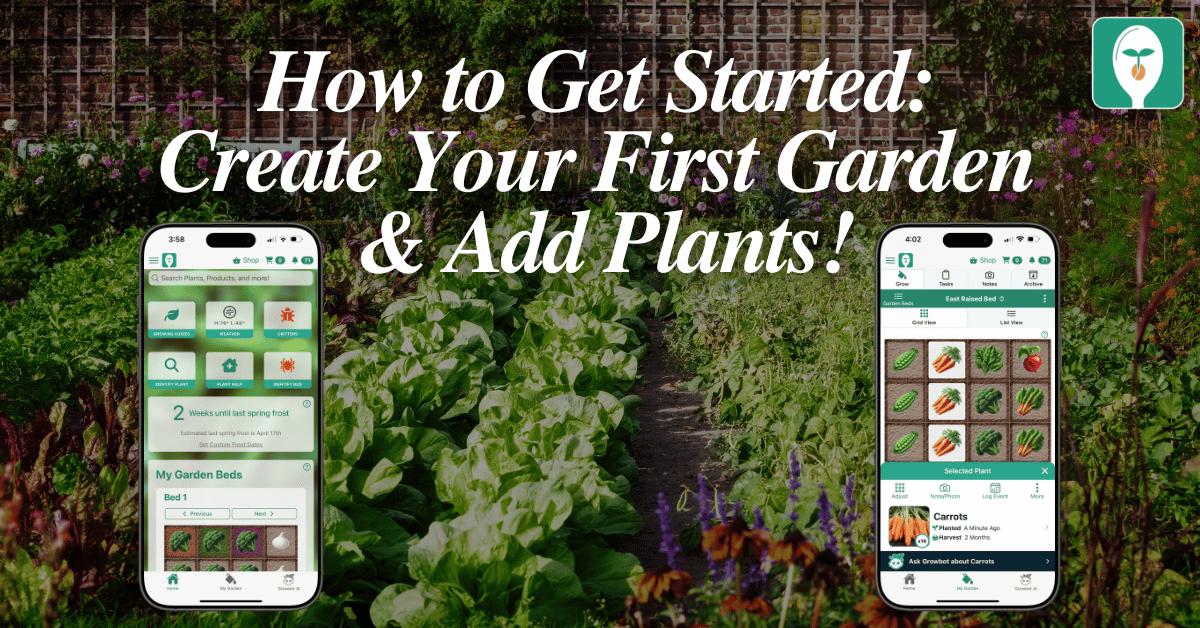Different plants have distinct preferences for starting seeds, influenced by their nature and your climate. Root crops, for example, should be sown directly outdoors, as they don’t transplant well. In contrast, plants like tomatoes and peppers often benefit from being started indoors, giving you a head start on the growing season.
- Understanding Plant Needs: Recognizing whether a plant should be started indoors or outdoors is crucial. This depends on the plant’s characteristics and your local climate conditions.
- Advantages of Indoor Starting: For colder climates, starting plants indoors can protect them from harsh weather, offering a controlled environment for growth.
- Outdoor Sowing: Direct sowing outdoors is suitable for plants like root crops, which are sensitive to transplanting.
- From Seed to Spoon App Guidance: The app provides detailed advice on the best outdoor planting methods for each plant type. Check the outdoor planting method section under the plant details screen for tailored recommendations.
By understanding which plants thrive best when started indoors or outdoors, you can optimize your garden’s yield and health. The From Seed to Spoon app is an invaluable resource for making these decisions.
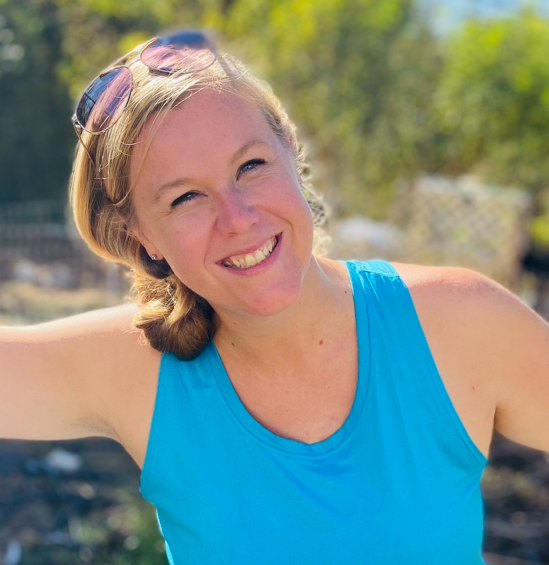
Carrie Spoonemore, co-founder of “From Seed to Spoon,” stands as a beacon of inspiration for gardeners and health enthusiasts alike. Her journey alongside her husband, Dale Spoonemore, in creating a platform that demystifies gardening and promotes a healthier lifestyle, has made a significant impact on individuals around the globe. Through the “From Seed to Spoon” app, Carrie has dedicated herself to empowering people to take control of their health and environment by growing their own food.
With a profound belief in the power of gardening to improve mental and physical health, Carrie’s contributions to the Seed to Spoon blog reflect her holistic approach to wellness. Her articles often focus on the nutritional benefits of homegrown fruits and vegetables, organic gardening practices, and the mental health benefits of spending time in nature. Carrie’s expertise in health science shines through in her detailed discussions on how specific plants can contribute to a balanced diet and overall well-being.
Carrie’s passion for gardening is deeply intertwined with her commitment to family and community wellness. She frequently shares personal stories of how gardening has brought her family closer together, offering practical tips for involving children in gardening activities and making it a fun, educational experience. Her writing encourages families to explore gardening as a means of spending quality time together while learning about nature and sustainability.
In addition to gardening advice, Carrie’s contributions to the blog include insights into the use of technology to enhance the gardening experience. She has played a crucial role in designing the “From Seed to Spoon” app to be user-friendly, ensuring that users of all ages and backgrounds can navigate the complexities of gardening with ease. Her vision for the app is not just as a gardening tool but as a vehicle for change, inspiring individuals to adopt a more sustainable lifestyle by growing their own food.
Carrie Spoonemore’s presence on the blog is marked by her compassionate approach to teaching and her unwavering belief in the transformative power of gardening. Her work continues to inspire a community of gardeners to pursue a healthier, more sustainable way of living, proving that with the right tools and knowledge, anyone can become a gardener and advocate for their health and the planet.
